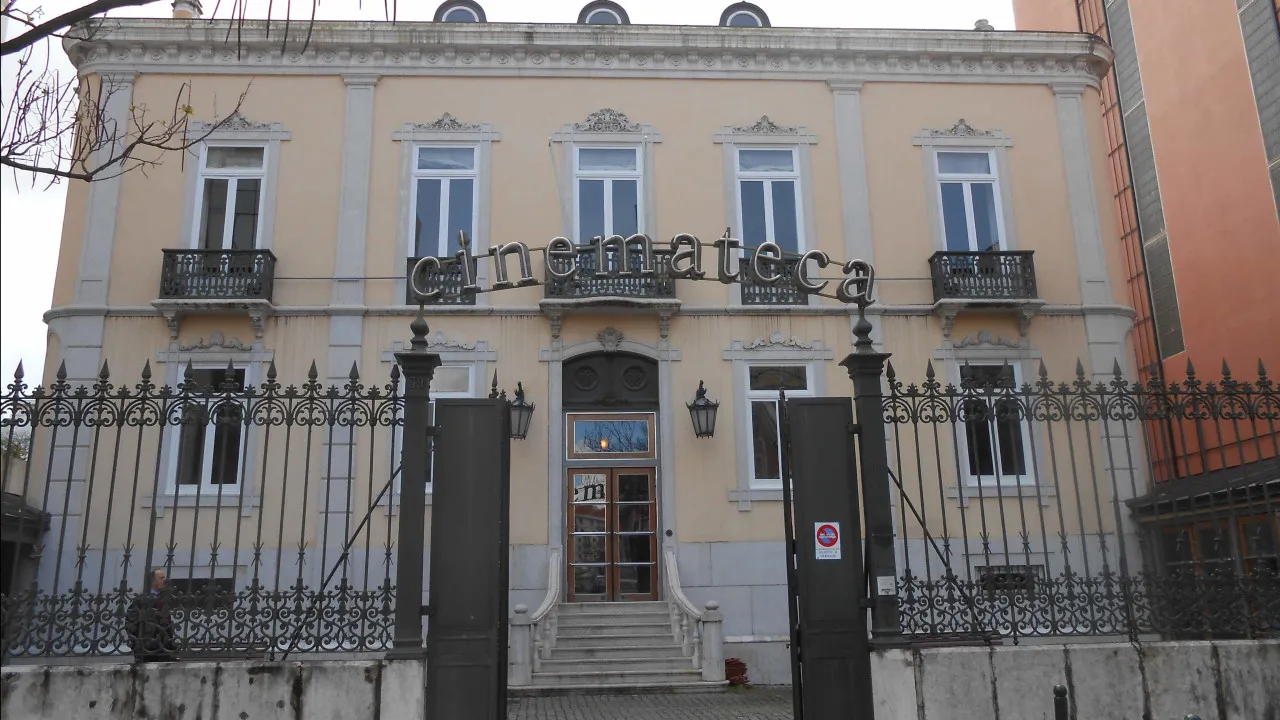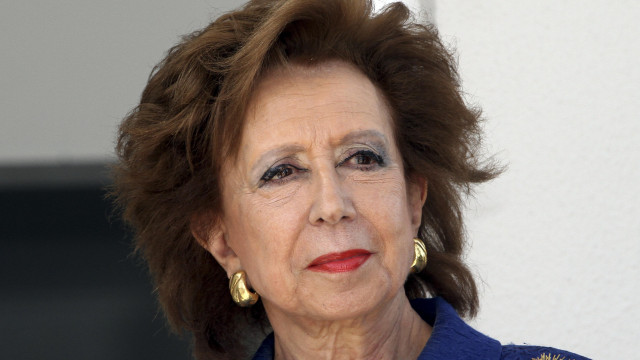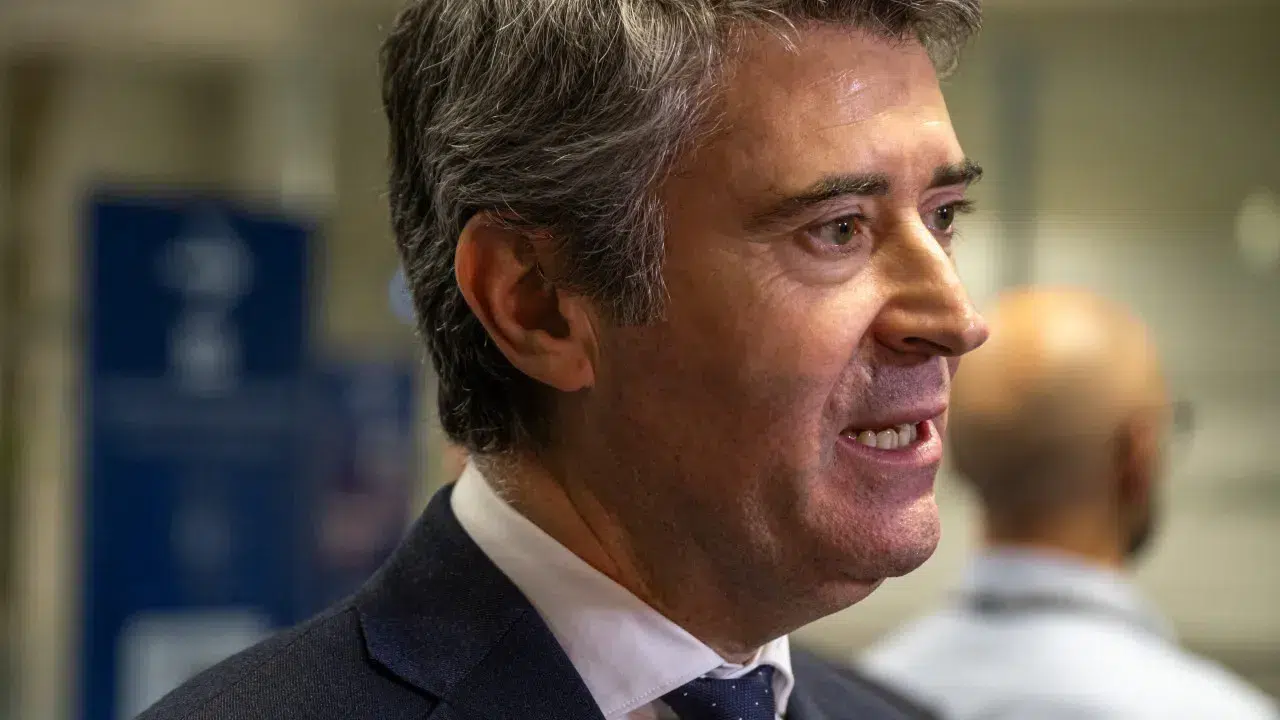
“There is a direct election, but first the minister proposes a choice between two candidates. We oppose this choice of two candidates because it continues to instrumentalize the general council,” criticized the president of the Porto Academic Federation (FAP).
Francisco Porto Fernandes was speaking to the Lusa agency following a meeting with the Minister of Education, Science and Innovation, who met today with academic associations and federations to discuss the government’s new proposal for the revision of the Legal Framework for Higher Education Institutions (RJIES).
The proposal published at the end of last week maintains the direct election of the rector, similar to the proposal presented in February, but introduces more flexibility in the distribution of weight of each electoral body, with a minimum representation requirement of 10% for each of the four bodies.
However, the direct election will choose between two candidates selected by the general council, a pre-selection that students criticize. The president of FAP considers that this body replicates “some corporate bosses and is not representative of the institutions.”
“The election of the rector, given its importance, should move out of the general council,” agreed Pedro Neto Monteiro, president of the Lisbon Academic Federation (FAL), who also expressed concern about the weight students have in the selection process.
The previous proposal anticipated that students’ choices would have a weight of 20% in the election of the rector, a percentage now reduced to a minimum of 10%, equal to lecturers and researchers, technical and administrative staff, and alumni.
For the remaining 60%, each higher education institution will have the autonomy to define the distribution of representation in its statutes.
In addition to the election of the rector, student representatives emphasized the importance of issues such as mental health and the regulation of fees and charges.
“We will now see the final document to effectively understand if our concerns are addressed in the new RJIES,” said the president of FAL.
On behalf of the Academic Association of the University of Aveiro, the president, Joana Regadas, acknowledged the ministerial team’s willingness to accommodate students’ proposals, noting that such openness is reflected in the amendments introduced in the new proposal.




